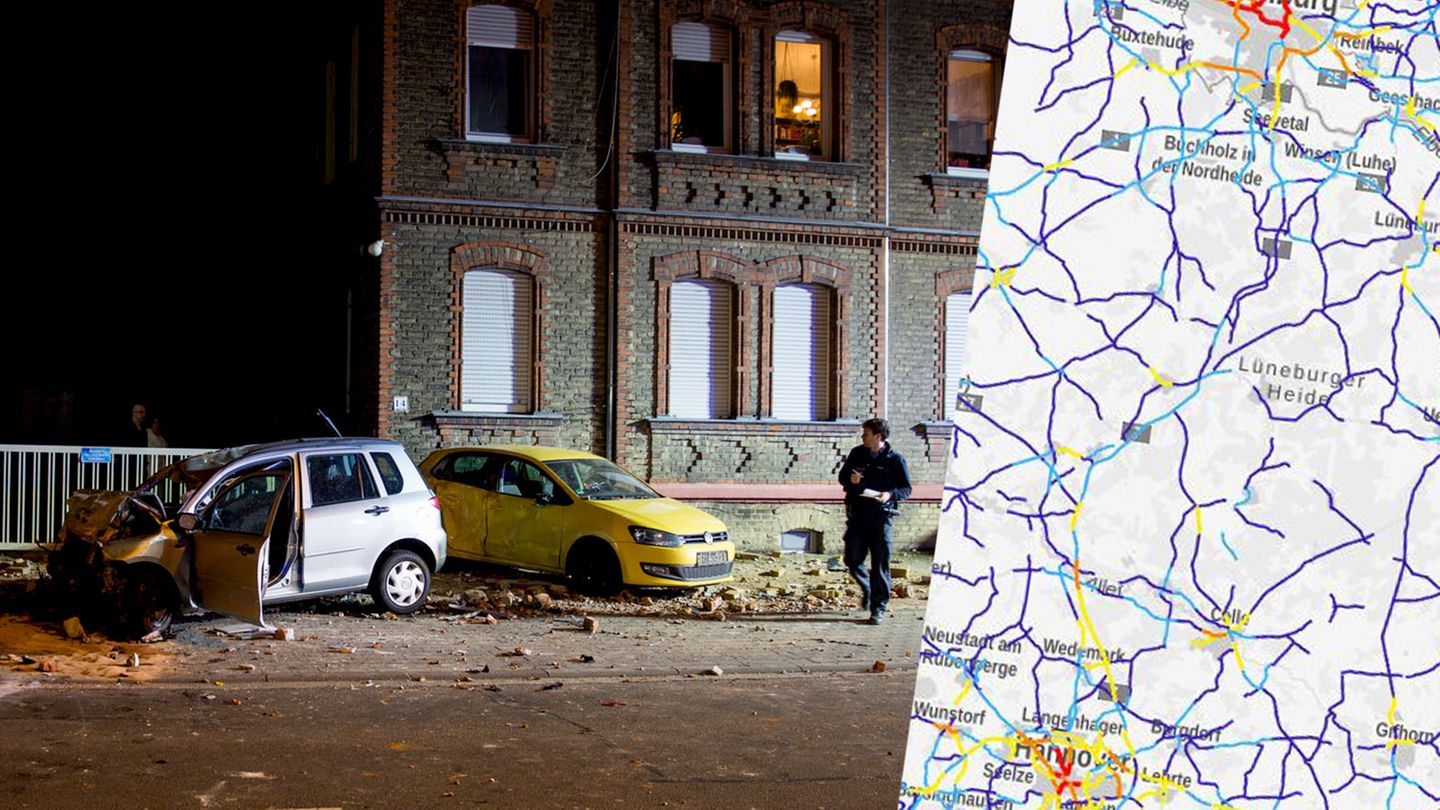“I asked myself if I was going to be up to the task of working with actors of this wisdom, craft and career, but the experience was rewarding. “I found that all actors are helpless when we start trying out on stage,” says Hector Diaz director of “Who is who”which brings together for the first time in tetro Soledad Silveyra and Luis Brandoni. The work of the French author Audrey Schebat revolves around a modern couple trapped in a routine who, while waiting for a couple of friends to have dinner, embarks on a torrent of hilarious situations and deep reflections on love, communication and the search for happiness.
We spoke with the prolific Diazwho faces a season of “Antigone in the bath” in Mar del Plata where he performs with Verónica Llinás and Dario Lopilato while he returns as director “Now later”, with Fede Ottone, in El Picadero. “Who is who” debuts at the Teatro Liceo on January 8.
hector diaz.jpg
Journalist: How were the rehearsals with Solita and Beto, what is it like directing them, easier or more difficult than actors who are taking their first steps?
Hector Diaz: It is a gratifying experience because I had a positive prejudice, which made me wonder if I would be able to be up to the task of facing them, with all their wisdom, their profession, their career. If I was going to be able to manage the bond with them on the outside and equalize the bond between them, human and as actors. I found that all actors, no matter their ages and careers, are helpless and that can be seen in anyone when they start trying things. They expected me to come with proposals, it’s not my style, but I had to desacralize the position of director to which they were accustomed. I like to work with what happens in essays beyond the paper. Once I clarified that I was not going to go with anything resolved, that we worked at the same time and at the same time, everything was a lot of learning.
Q: What is different about this work from others about couples trapped in a routine?
HD: It talks about the ties, a couple established for a long time, it is not a story of how things turned out like in “Scenes of married life”, nor is it like that of Mercedes and Imanol where they decide to talk about some things and keep quiet about others, but that here, from a fortuitous situation, the role of jumping into the pool and getting one’s hands muddy is assumed. Along the way we realize that the apparent solidity in which the couple takes refuge is not so. We are exposed to a small wind blowing away the house of cards that we built and believe is made of iron. He puts himself in check, without the other character understanding what is happening. The work puts on the table that as they come they do not work and they will make drastic decisions. This couple was a little hasty in addressing certain topics, how does it turn out? Maybe he won’t come back.
Q.: The couple is waiting for friends for dinner, it reminds me of “The Friends of Them Two”, where you acted in the play by Daniel Veronese and Matías del Federico.
HD: The only thing they share is that they are waiting for friends for dinner but very quickly in this work it is revealed what happened and in the other it goes on a bit, the friend had been robbed and the woman was unfindable, but there is not much more than that in common.
Q.: The work talks about love, communication, the search for happiness, and that there is a touch of madness, what other themes appear?
HD: Fragility, the assumption that we are whole, designed to live and many times failures accumulate. Like a car that one does not maintain at the mechanic, sometimes we skip the service in the link. There are new stages and challenges when we think there is no more time, but you can always write a new page. There is something about clinging to certain structures, for emotional comfort, and perhaps we lose sight of the fact that there is an adventurous spirit in contrast to a more conservative one.
Q: How do you see theater and culture?
HD: I see the theater in very strong health, whole, there is an eagerness on the part of the public to go see it, there is nothing to give it, beyond the contexts, and I confirmed this after the tours of “Antigone in the Bath” around the country. It has always been more or less favored but always threatened by circumstances. There are always other priorities with health, food, poverty, and in that sense, in the face of any state, it seems that those of us who are involved in culture have a positive attitude, we move forward, there are creative people and we are used to creating like that, that’s what we are in.
Source: Ambito




